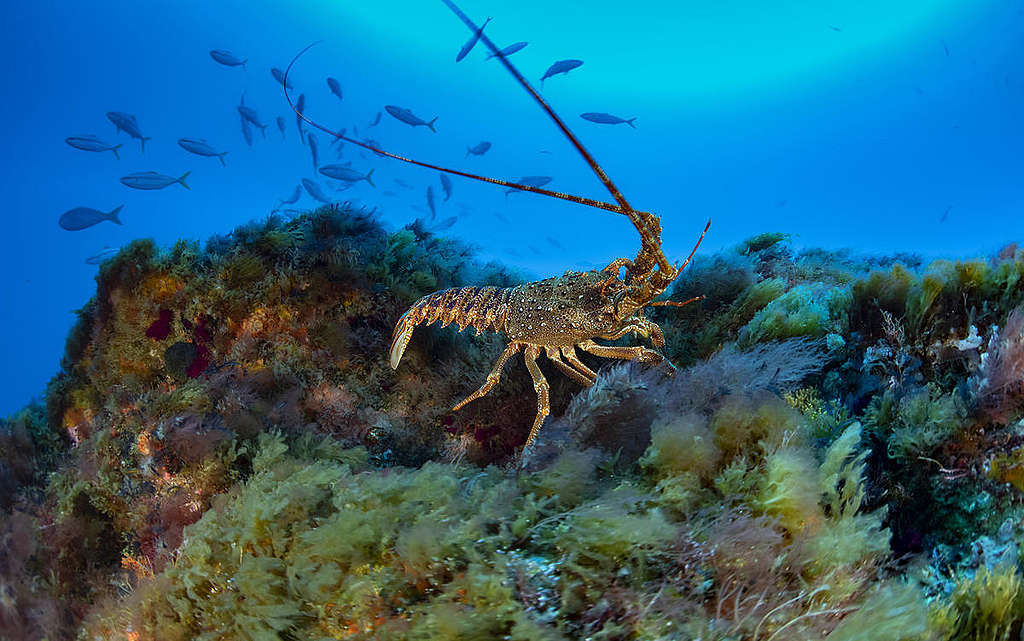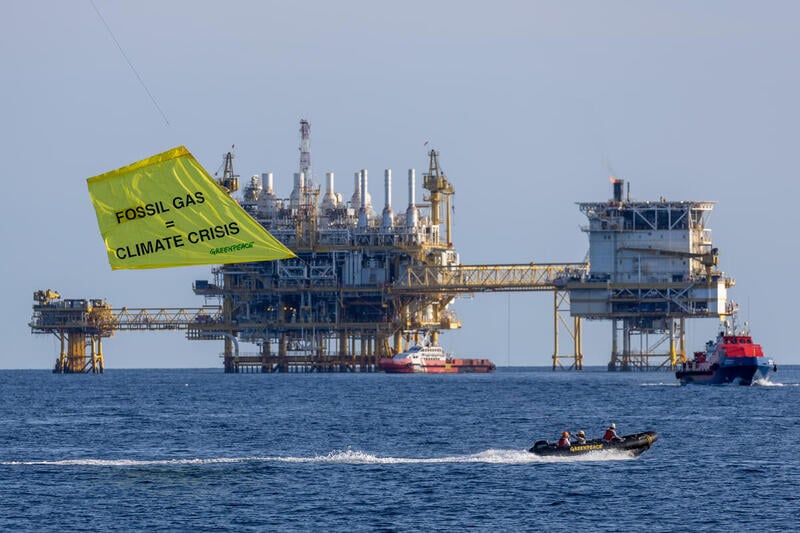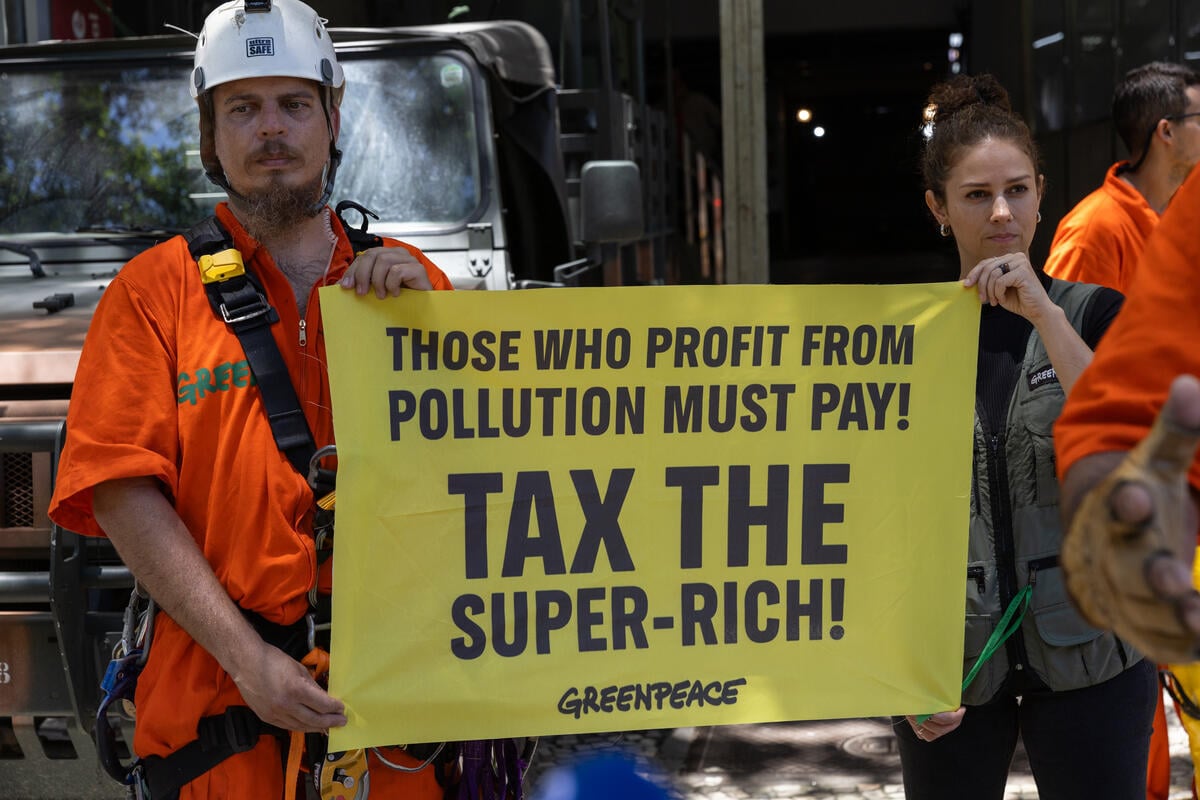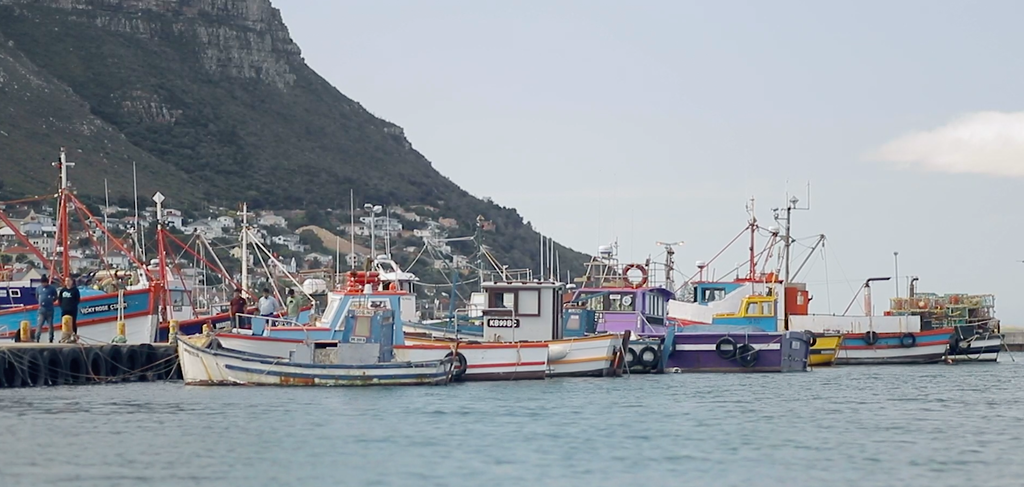
Boats in every colour of the rainbow rock gently as the tide comes in on the chillingly quiet harbour. When I first visited here in my youth, the market was as vibrant as the boats docked along its piers, banter and laughter were a distraction from the fishy stench that stung the nose; but now, there’s not much distraction from the fast-spreading rot.
People are always perplexed by what is happening on the Cape Flats – plagued with gang violence, an illegal narcotic pandemic, as well as disproportionate rates of intimate partner violence. But, what they never seem to understand is how so much of deterioration is due to systemic issues that start at the top – and how many of these ghettos were once thriving communities.
Harmful industrial fishing over the past three decades has had a trickle-down effect that has forced many of these coastal communities into illegal fishing activities since they do not have the permits to fish legally. This had tainted perceptions of local fishers, swaying local support of small-scale fishers, and further marginalising them.
What is clear from our conversations with the fishing communities is that people are losing their birthright due to unfair laws that are preventing them from carrying on their age-old tradition of small-scale commercial fishing – causing unemployment and stripping away the communities’ means to sustain themselves.
(Read: Interview with GUTTED: THE FIGHT OF KALK BAY FISHERS directors Angelo Louw and Malcolm Rainers)
“You will find that over a period of 30 years, the community is involved in these illegal activities, and they are criminalised based on the law that does not allow them to access the [fish] in the area that they are living in,” said Professor Moenieba Isaacs, Academic Coordinator at the Institute for Poverty, Land and Agrarian Studies at the University of the Western Cape.
Instead of prospering under the country’s democratic regime, three decades of corruption under the new South African dispensation has led to a collapse of our fisheries, and the communities they once employed.
“They say you mustn’t lose your culture; but the way that things have gone, they’ve taken Kalk Bay’s culture away. They took away fishing,” said Moegamat Alie Fortune, an 85-year-old, fourth-generation fisher from Kalk Bay.
Fortune explained one of the key challenges faced by small-scale fishers was that they struggled to obtain licenses from the government due to the stringent requirements by the government, which most fishers, due to the informality of their businesses, fail to meet.
He described the knowledge that the gatekeepers of fishing licenses have of the nature of fishing in the Western Cape as “dangerous”.
But, while small-scale fishers are battling for fishing permits, harmful industrial fishing companies continue to destroy and deplete the country’s marine resources. In fact, our laws are actually favourable to the industrialisation of fishing in South Africa.
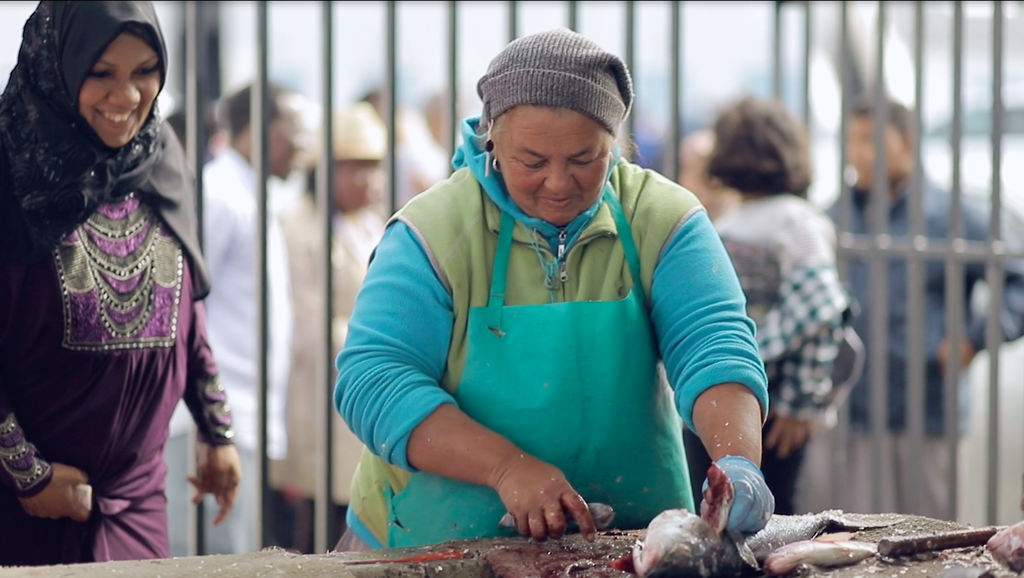
Ferial Davids, who cleans fish at the Kalk Bay fish market, said that there has been a drastic decline in the number of fish local fishers are bringing in. She suspects that it is a result of trawling along the Western Cape coastline.
“It’s not a lot of fish around now lately. I suppose it’s because of the big trawlers that are around. There used to be hundreds and hundreds of snoeks here on the harbour; but nowadays, it’s like ten snoek, 20 snoek, not even a hundred snoek for the day,” she said.
On Mandela Day, Minister of Environment, Forestry and Fisheries Barbara Creecy announced that they would begin granting 15-year licenses to small-scale fishers for the first time in our country’s history. Responding to the cries of the community, she committed to rolling this out as early as October.
However, the fishing community remains skeptical, as the bottlenecks they continue to encounter are right down to the administrative level.
Our country’s small-scale fishers aren’t alone in their struggles; recent media reports exposed how the Senegalese government continued to grant licenses to foreign vessels these last years despite barring their local fishers from operating and how fishmeal industries are threatening jobs of women fish processors and food security of millions of people.
Prof Isaacs warns that the trend of industrialisation in the fishing sector across Africa will have a catastrophic economic impact, especially on those most vulnerable:
“90% of the continent’s fishing activity is small-scale, and a majority of the people who are on the shore base are women that are either selling, drying or salting the fish. There is a big incentive for governments of the African continent to formalise the rights of small-scale fisheries.”
Angelo C Louw is the director of Greenpeace Africa’s documentary GUTTED: THE FIGHT OF KALK BAY FISHERS, which is currently part of the Jozi Film Festival. It explores how the industrialisation of fishing has changed the socioeconomic standing of fishing communities, as well as their once vibrant and community-centric culture.
This article was originally published by Sunday Times.
